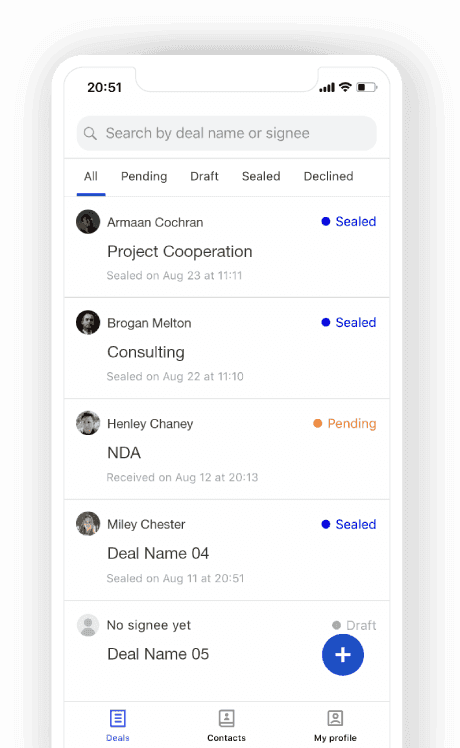Commercial real estate constitutes a large portion of total world economic asset and transaction activity.
According to a report published by MSCI, the size of the professionally managed real estate investment market is currently worth just under $10 trillion.
Today's real estate market, as large as it is, consists of many siloed and independent networks with transactional friction and opacity between systems.
Blockchain technology has recently started to play a role in the industry, as many companies started adopting and adapting it for their personal use and benefit.
Executives are finding that blockchain-based smart contracts could play a much larger role in their industry, to the benefit of everyone involved. Blockchain technology can potentially transform core operations of the commercial real estate industry.
How does blockchain actually help the real estate industry?
There are numerous benefits that blockchain technology can bring to the real estate industry, such as:
Tokenization
The real estate market currently has a very high entry barrier in terms of the amount of money required to begin investing in it. However, asset tokenization could solve this problem by offering people the chance to invest with smaller amounts, as they could invest in property tokens rather than buying entire properties.
This makes the real estate market easier to access, which benefits both enterprises and small investors.
Smart contracts
The real estate industry is riddled with third parties, each having a different job (lawyers, brokers, etc.). Smart contracts could revolutionize the industry by essentially removing the need for any intermediaries, therefore speeding up the whole process while drastically reducing costs.
These contracts could be used for anything from property sales, rental agreements, and more.
Decentralized digital records
With the current paper-based system being extremely vulnerable towards corruption of land titles on top of being very hard to maintain, implementation of blockchain technology could solve all of these problems.
The records would be stored on a decentralized ledger, making them safe from exploitation as well as damage from various sources.
Public databases
The current analog system is overcrowded with too many stakeholders, causing them to possibly have inaccurate information. This creates a possibility for frauds, while the missing security and transparency lead to a lack of trust.
Implementing blockchain technology solves these problems by being accessible and transparent, meaning that any stakeholder has access to identical records at any point in time. This removes the need for trust between parties, as the process is as safe and transparent as possible.
Multiple search listings (MSL), which is used by buyers, sellers, tenants, renters, and brokers to view the full details of properties, could be greatly improved by standardizing the information, therefore lowering data costs and bringing ease of use to a whole another level.
To sum it up, the implementation of blockchain technology in real estate helps with market liquidity, creates possible fractional ownership, decentralizes the industry, improves platforms as well as marketplaces, and removes the need for intermediaries.
Real-world use cases
While the real-world usage of blockchain technology in real estate is still in its infancy, its potential is recognized by many companies across the globe.
Looking at the European market, the country of Georgia and Bitfury is developing a blockchain platform to manage land titles, while Sweeden's Lantmateriet and ChromaWay are trying to streamline property transactions by using smart contracts.
In South America, Ubitiquity partnered up with Brazil's real estate registry office to increase the security of real estate ownership. US-based project Rentberry project uses blockchain technology and smart contracts to connect landlords with tenants in 48 different countries.
Final word
While there are many failed attempts at blockchain technology implementation in the real estate industry, there are also very successful projects that help improve the market in various ways.
With such a large market, new blockchain companies have a great chance of entering and changing the real estate industry.
Here at Timacum, we believe that the infancy period of blockchain implementation is exactly the right time for companies to position themselves in the industry.




